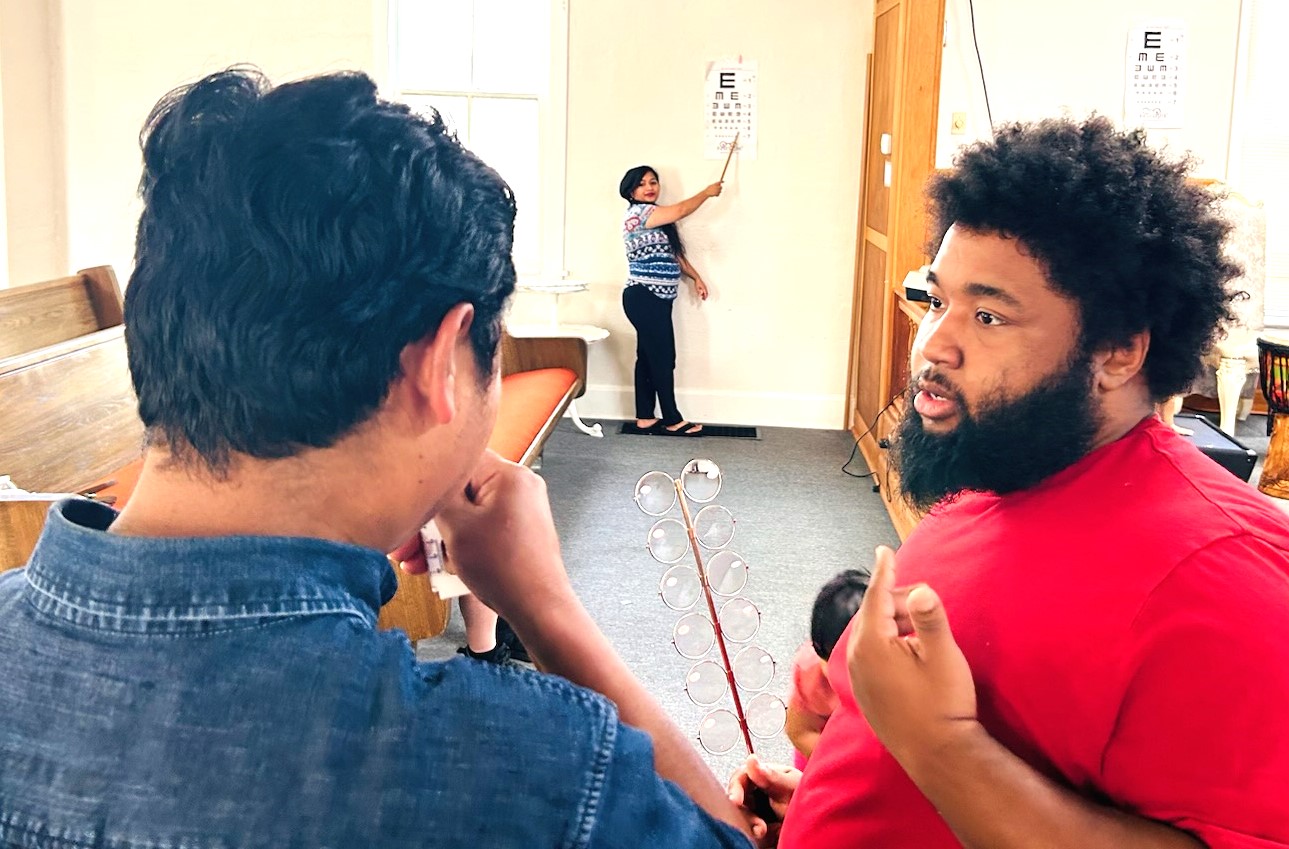Across the expansive and diverse continent of Africa, a silent epidemic is affecting millions—eye health issues exacerbated by malnutrition and a lack of proper health education. These challenges are not only health issues but are significant barriers to education, economic development, and overall quality of life in underdeveloped regions.
The Twin Perils: Malnutrition and Lack of Awareness
Malnutrition: Essential nutrients, especially vitamins A, C, E, and essential fatty acids, play critical roles in maintaining eye health. Unfortunately, in many parts of Africa, access to these vital nutrients is limited. Diets deficient in these vitamins can lead to severe eye conditions, including night blindness and, more severely, irreversible blindness.
Ignorance: Coupled with malnutrition, a profound lack of awareness about the importance of eye health further complicates the situation. Many communities have limited understanding of the relationship between nutrition and vision and lack knowledge about preventive measures and treatments for eye conditions. This ignorance often leads to stigmatization of those with vision impairments and a reluctance to seek or accept treatment.
First Sight’s Mission: Enlightening and Healing
In response to these pressing issues, First Sight has taken a proactive approach by implementing several key initiatives aimed at alleviating and preventing eye health problems:
– Nutritional Intervention Programs: First Sight collaborates with local health organizations to deliver supplements and improve the dietary habits of communities. By enhancing nutrition, these programs help prevent the onset of vitamin deficiency-related eye diseases.
– Educational Outreach: Knowledge is power. First Sight conducts extensive educational campaigns in schools and communities, teaching about the importance of eye health and nutrition. These programs are essential for changing perceptions and encouraging preventive care practices.
– Accessible Eye Care: Recognizing that immediate access to eye care is often not available in remote areas, First Sight has set up mobile clinics that travel to underserved regions. These clinics provide eye exams, treatments, and glasses, making critical eye care accessible to those who need it most.
How You Can Help
The challenge of improving eye health in underdeveloped regions of Africa is vast, but it is not insurmountable. With targeted interventions focused on both treatment and prevention, significant progress can be made. Here’s how you can contribute:
– Support Financially: Donations to First Sight fund the nutritional programs and mobile clinics that are vital for continuing this important work.
– Spread Awareness: By raising awareness about the link between nutrition and eye health, you can help change attitudes and encourage more widespread action.
– Volunteer: If you have the means, volunteering with First Sight either on the ground in Africa or remotely can make a direct impact.
Conclusion
The issues of malnutrition and ignorance related to eye health in Africa are daunting but not insurmountable. With a comprehensive approach that includes education, improved nutrition, and accessible eye care, organizations like First Sight are making tangible improvements. Join us at [First Sight](https://firstsight.org) to ensure that no one’s future is limited by preventable vision impairment. Together, we can clear the way for brighter, healthier futures.
This blog post aims to inform and inspire action towards mitigating the crisis of eye health in Africa, emphasizing interconnected solutions that address both symptoms and root causes effectively.


